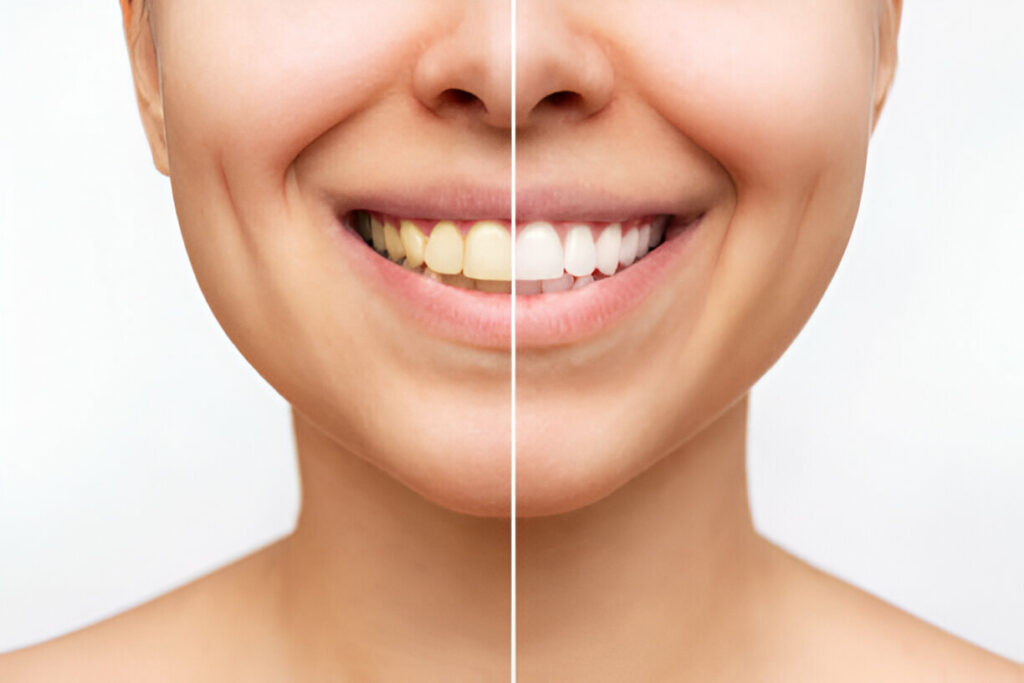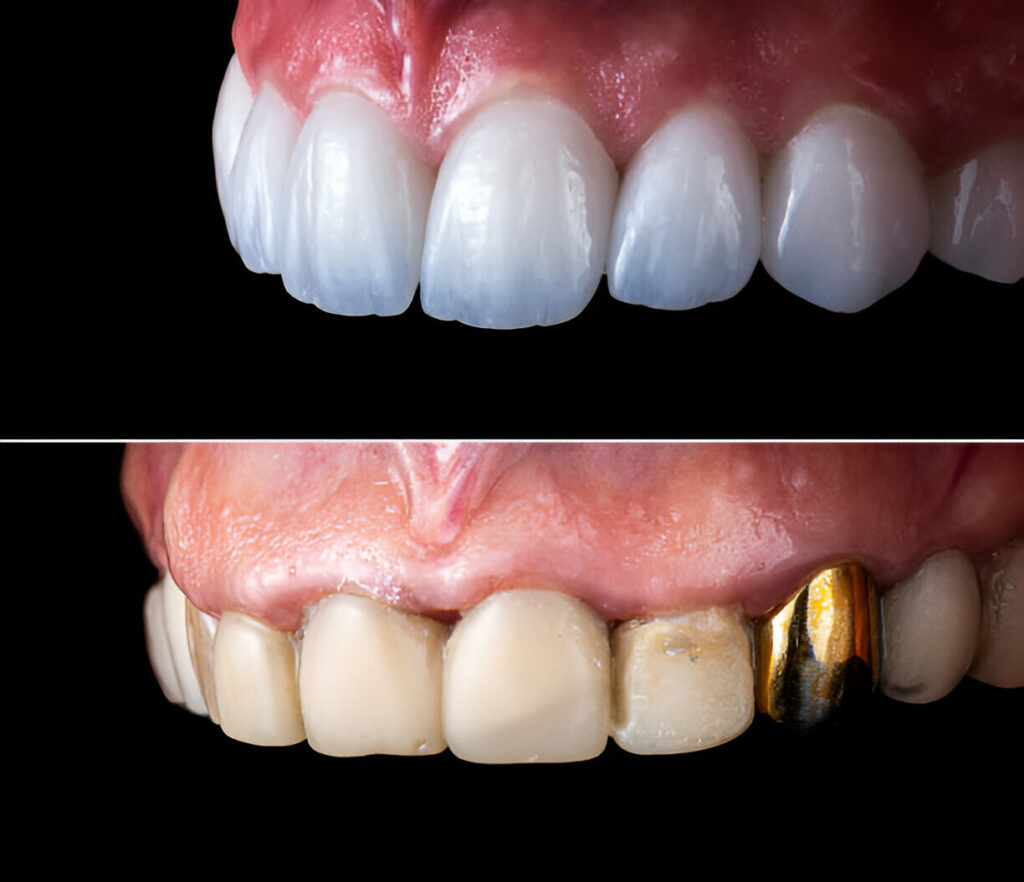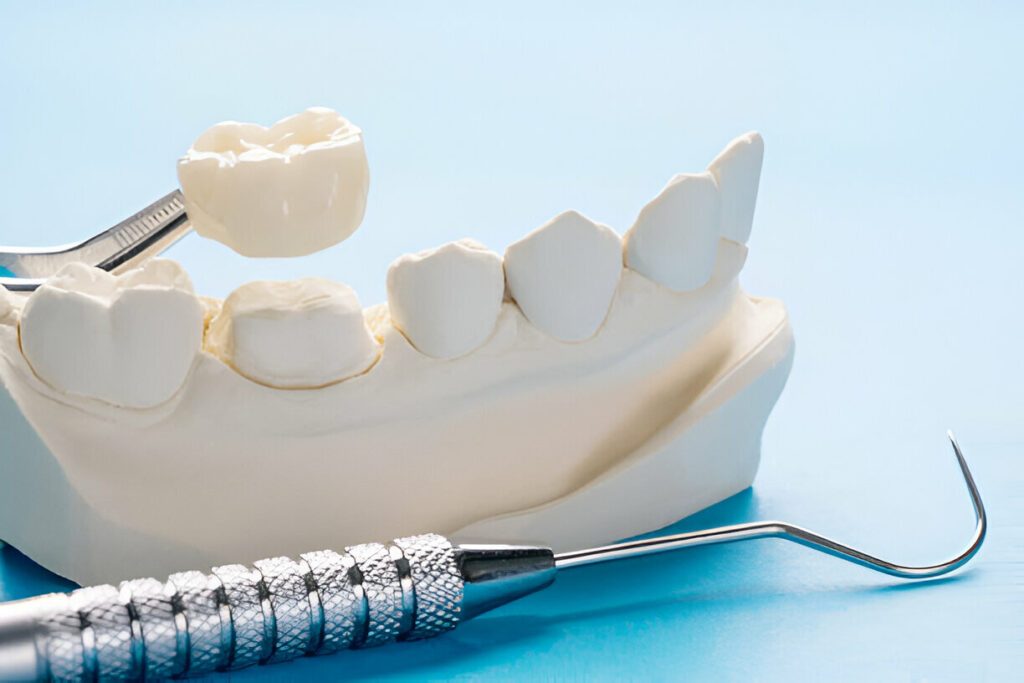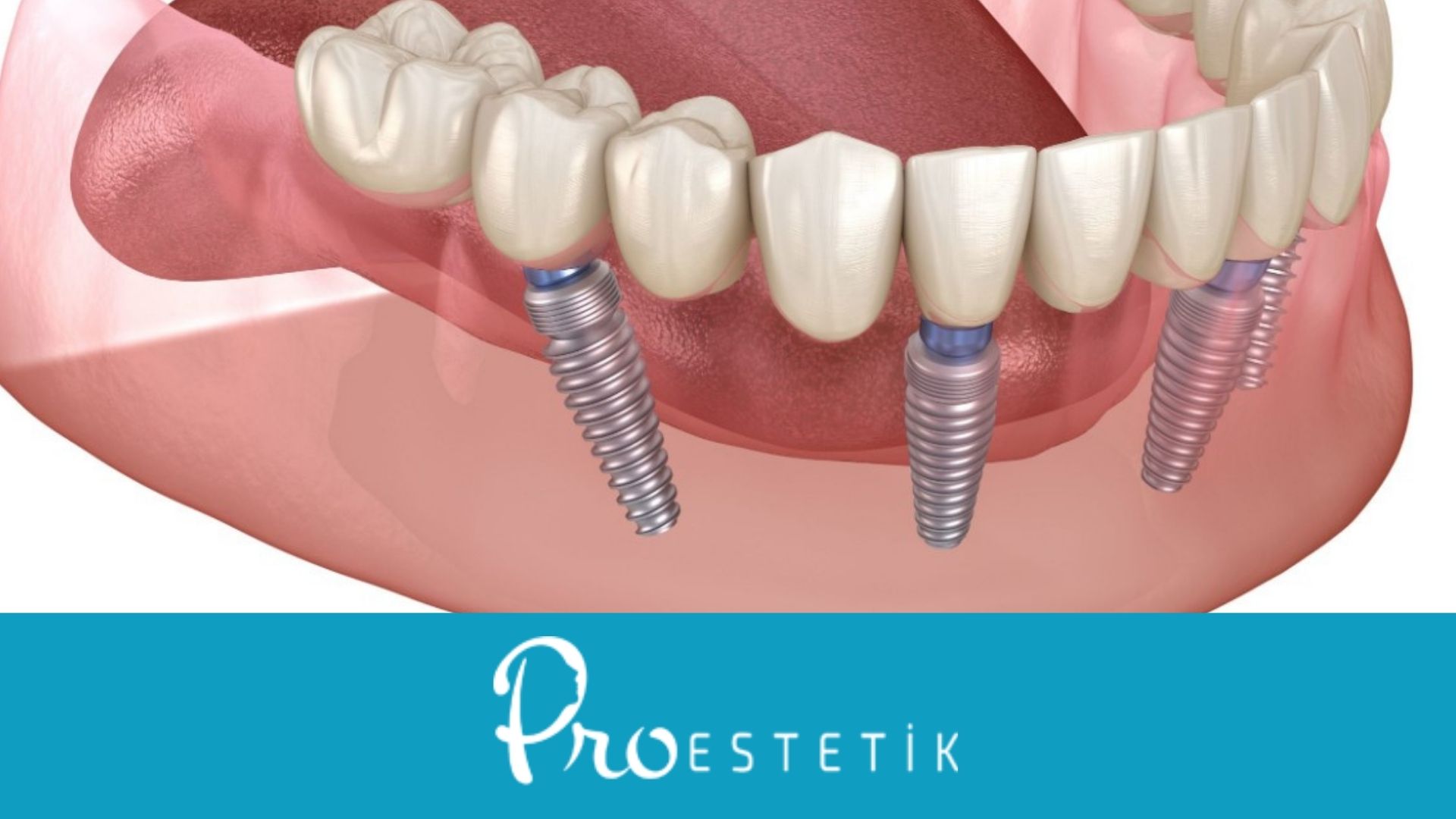Which is the best dental veneer? What are the types of dental veneers and what are the differences between them? How much are dental veneers? You can find answers to all these questions and more in our article. Enjoy your reading!
Dental veneers are treatments applied to eliminate some problems that occur in teeth such as decay, discoloration or curvature. It is generally preferred for aesthetic concerns and an aesthetic smile.
There are different types of veneers, especially laminate, porcelain, and zirconium. Let's look at these types in more detail…
Which is the Best Dental Veneer?

Dental veneers are used to address issues such as decay, discoloration, or misalignment of teeth. They are commonly chosen for aesthetic purposes, aiming to enhance a person's smile.
Various types of veneers are available, including porcelain, zirconium, and laminate veneers. Let's delve into these types in more detail.
Types of Dental Veneers
Dental veneers, particularly favored in cases of aesthetic concerns, are frequently employed in smile design to cover the entire surface or a portion of teeth, providing an aesthetic enhancement.
The types of dental veneers include:
- Porcelain veneers
- Zirconium veneers
- Laminate veneers
- Empress veneers
- Monolithic veneers
All these veneers are utilized to satisfy patients' preferences, providing an aesthetic appearance or restoring weakened functionality. Problems such as tooth fractures, discoloration, wide tooth gaps, and tooth misalignments can be addressed through veneer application.
The selection of veneers is made in consultation with a dentist. Let's explore these veneers in more detail.
Zirconium Veneers

In the past, metal-supported veneers and porcelains were more commonly used. However, over time, the disadvantages of metal in terms of both aesthetics and health became evident, leading to the exploration of alternative methods for veneers.
Zirconium is one such method. Its significant advantage lies in its close resemblance to tooth color and its perfect compatibility with oral structures, thereby preventing allergic reactions.
Zirconium veneers are produced to perfectly fit the teeth through computer-aided applications, causing no sensitivity to hot or cold. They are indistinguishable from natural teeth. Due to such advantages, they are frequently preferred.
Laminate Veneers
Laminate veneer applications are also commonly used in smile design. They are suitable for addressing color changes, cracks, and fractures on teeth that do not disappear even with professional cleaning.
Laminate veneers can be applied as porcelain or composite. The application processes differ between the two. Porcelain laminates are prepared by specialists in laboratories and then placed on the teeth. Composite laminates are directly placed in the mouth by the dentist.
Composite Laminate
Composite laminate is sufficient for minor tooth misalignments and narrow gaps. However, in cases of larger problems or complete smile design, laminate veneers produced in laboratories are used.
Laminate veneers, also known as porcelain veneers, yield excellent results. These veneers, produced in laboratories, have a semi-transparent structure that allows light to pass through, resembling natural teeth.
Empress Dental Veneers
Empress dental veneers are particularly successful in single-tooth applications. For this application, the root of the tooth must be intact. The tooth is proportionally abraded, and a full ceramic veneer is placed on it.
Although the materials used are the same as laminate veneers, the application method is quite different. Due to its lack of flexibility, Empress veneers are not preferred for bridge applications. However, they are highly successful for single-tooth applications both aesthetically and functionally.
Metal Veneers

Veneers made from gold or other metals have been used for many years. However, in recent times, due to aesthetic concerns, metal veneers are less preferred.
After briefly discussing the types of dental veneers, let's now examine which is the best dental veneer and how to decide.
Which is the Best Dental Veneer? How to Evaluate?
It's difficult to directly identify the best dental veneer. As listed above, each veneer has certain advantages and disadvantages. Different dental veneer applications are available depending on different dental problems.
At this point, instead of asking which is the best dental veneer, it would be healthier to ask which one would be better for me. Your dentist can help you decide which dental veneer is suitable for you based on your preferences.
Cost, application, the structure of your teeth, and the problems in your teeth are crucial at this point.
Your dentist will carefully examine your teeth and make recommendations according to your preferences.
Now let's examine which dental veneer is the best for different situations.
- If aesthetic concerns are paramount; if there are issues with the shape, size, and color of your teeth, you can opt for porcelain and zirconium. These veneers appear quite similar to normal teeth.
- If your teeth are severely damaged and decayed, you can choose composite veneers. Composite veneers preserve the healthy part of the tooth and restore its functionality.
- If durability and longevity are important to you, you can choose metal veneers. Metal veneers can be used especially for posterior teeth, but when used in anterior teeth, they create a poor aesthetic appearance.
- If you have a risk of allergic reaction, you can choose zirconium veneers. Compared to other veneers, zirconium has the lowest risk of allergic reaction.
All these recommendations are informative and dental treatment processes should be carried out professionally. In medical processes like these, individual needs precede preferences. If you are curious about which is the best dental veneer for you: the veneer recommended by your dentist is the best for you.
8 Important Criteria in Dental Veneer Selection!

For those wondering which is the best dental veneer, instead of providing the answer, let's list the criteria. This way, you can estimate which dental veneer is the best for you.
Criteria in Dental Veneer Selection:
- Durability
- Aesthetic appearance
- Biocompatibility
- Color harmony
- Longevity
- Quality materials
- Application process
- Cost
Considering all these criteria, you can find out which dental veneer is the best for you.
Advantages of Dental Veneers
We've shared and examined the criteria for selecting the best dental veneer. Now, let's discuss who can benefit from dental veneer applications and the advantages of dental veneers in general.
Dental veneers are safe applications for many patients, commonly chosen to treat problems related to oral and dental health functionality or aesthetic appearance.
The advantages of dental veneers include:
- Highly suitable for smile design.
- Aesthetic and symmetric teeth can be achieved without the need for abrasive procedures.
- Missing teeth can be restored with applications on implants to provide a natural tooth appearance.
- They enable the preservation of fractured and decayed teeth with intact roots.
Which Dental Veneer Has a Longer Lifespan?
Since dental veneers are made from different materials, their lifespans vary. The lifespan of a veneer also depends on the care the patient shows for their teeth and the professionalism of the applied treatment.
Porcelain and zirconium veneers are both natural-looking and durable. Additionally, their smooth surfaces result in less staining compared to natural teeth.
Veneers made from metal have the longest lifespan. Especially gold veneers can be used for a lifetime.
If you are experiencing problems with your teeth or gums, you can benefit from our clinic's free examination service. For questions about your teeth, you can contact us and visit our page.

 English
English Turkish
Turkish Deutsch
Deutsch العربية
العربية![[:en]Which is the Best Dental Veneer? | 8 Key Criteria for Selection[:tr]En İyi Diş Kaplaması Hangisi? | Seçimde 8 Önemli Kriter![:de]Welches ist die beste Zahnverblendung? | 8 wichtige Auswahlkriterien![:ar]أيُّها هو أفضل تغطية للأسنان؟ | 8 معيارات مهمة للاختيار![:] En İyi Diş Kaplaması Hangisi?](https://proestetik.com.tr/wp-content/uploads/2024/04/en-iyi-dis-kaplamasi-hangisi.44.png)










